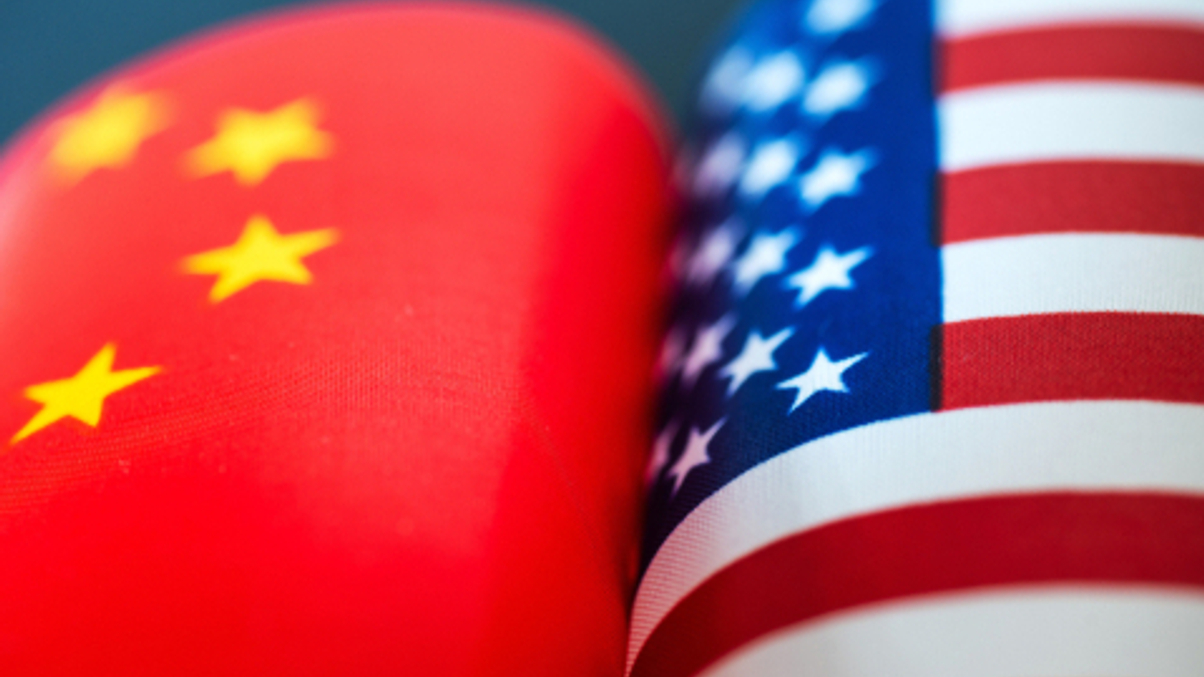China’s talk of dumping US debt “not a serious threat”
Beijing is seen as highly unlikely to rush to offload US Treasuries for a number of reasons, despite mounting tensions between the US and China.

Investment and policy specialists are dismissing fears – stoked further by a September 3 story in Chinese state newspaper Global Times – that China will sharply ramp up selling of its vast quantity of US government bond holdings, as tensions soar between the world’s two biggest economies.
Sign in to read on!
Registered users get 2 free articles in 30 days.
Subscribers have full unlimited access to AsianInvestor
Not signed up? New users get 2 free articles per month, plus a 7-day unlimited free trial.
¬ Haymarket Media Limited. All rights reserved.


